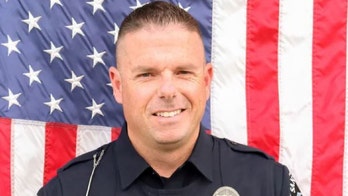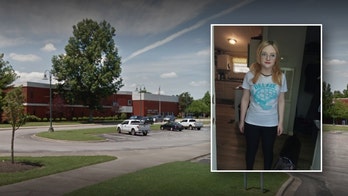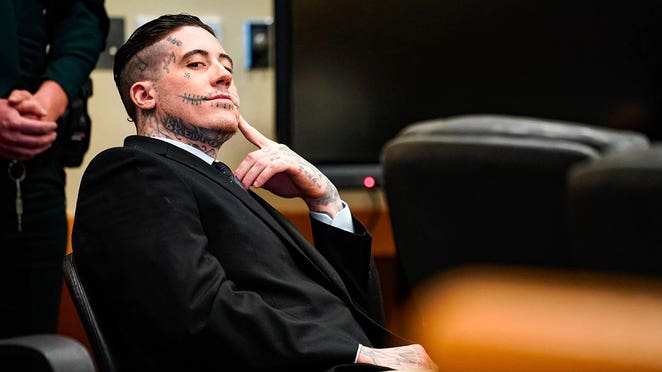Experts analyze the motivations behind Thomas Crooks' assassination attempt on former President Trump, highlighting the role of fantasy fulfillment and a desire for notoriety over political ideology.
An assassination attempt targeting former President Trump in Butler, Pennsylvania, has sparked an investigation into the motivations behind the perpetrator, Thomas Matthew Crooks. While initially considered politically driven, experts suggest a different narrative.

Unraveling Crooks' Motive: Fantasy Fueled Assassination Attempt
Jytte Klausen, a political science professor and extremism researcher, believes Crooks' actions stem from a desire to make a mark and gain attention rather than political influence. She notes a lack of politically motivated search history and the absence of a manifesto, typically seen in politically motivated terrorism.
Klausen suggests that Crooks was likely seeking a target that would bring him notoriety, leading him to choose a prominent figure like Trump. She views Crooks' actions as a "fantasy," an attempt to portray himself as powerful and "get attention."

Unraveling Crooks' Motive: Fantasy Fueled Assassination Attempt
Crooks' lack of a manifesto aligns with patterns observed in school shooters, who often leak information about their intentions prior to carrying out the attack. However, in this case, Crooks left no such message.
Klausen questions if Crooks thought he would survive after firing at Trump. Despite injuring two bystanders and a firefighter, she notes that mass shooters often display irrationality about the consequences of their actions.

Unraveling Crooks' Motive: Fantasy Fueled Assassination Attempt
The development of bombs by Crooks is another intriguing aspect of the case, as they are typically favored by individuals seeking to avoid confrontation and carry out subsequent attacks. Klausen suggests that Crooks was potentially capable of causing widespread harm, but his actions were fortunately thwarted by Secret Service snipers.
Regarding age, Klausen emphasizes that although mass shooters and terrorists can be any age, Crooks' youth is notable. She points out that risk assessment capabilities are often underdeveloped in younger individuals.

Unraveling Crooks' Motive: Fantasy Fueled Assassination Attempt
Klausen also highlights potential trauma experienced by Crooks, as suggested by classmates who reported bullying incidents. However, Bethel Park High School has denied these claims, stating that no record of bullying exists.
The investigation into Crooks' background has revealed red flags in his home life. His mother's alleged blindness, a possible hoarding situation, and the unnoticed deliveries of explosive components raise concerns. Klausen suggests that such material would not go unnoticed by household members, indicating potential issues within the family.

Unraveling Crooks' Motive: Fantasy Fueled Assassination Attempt
Finally, Crooks' involvement in online gaming is being scrutinized. While Steam and Discord have acknowledged his accounts, the extent of his engagement is unclear. Klausen suggests that online gaming can contribute to a blurred line between virtual and real-world experiences, increasing the need for attention to young individuals who exhibit such behavior.
The assassination attempt on Trump has brought to light the complex motivations behind violent extremists and the importance of understanding the personal and social factors that can contribute to such actions.

Unraveling Crooks' Motive: Fantasy Fueled Assassination Attempt










